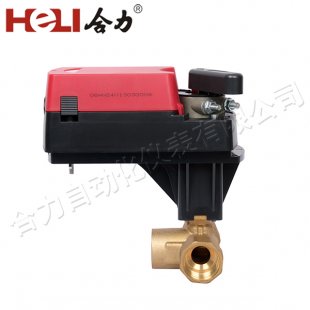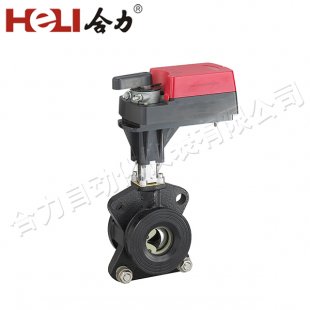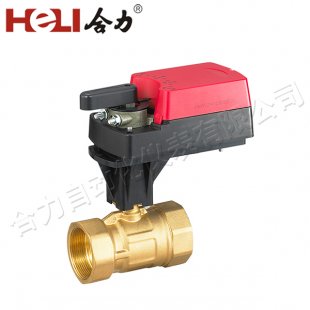

One of the significant advantages of hydrogen energy damper actuators is their efficiency. Hydrogen fuel cells convert chemical energy into electrical energy with high efficiency, often exceeding that of conventional combustion engines. This means that the energy loss typically associated with heat in traditional systems is significantly reduced. Moreover, when hydrogen is utilized, the only byproduct is water vapor, contributing to a cleaner environment and aligning with global goals for carbon neutrality.
The versatility of hydrogen energy damper actuators extends to various sectors In the automotive industry, for instance, they can enhance the performance of vehicles by providing better vibration control and improved ride quality. These actuators can adapt to changing road conditions and driver behaviors in real time, optimizing comfort and safety. In industrial applications, they can be employed in equipment that requires precise control over movement, such as robotics and automated systems, further increasing productivity and reducing wear on machinery.

. The emergence of renewable energy technologies is reshaping the landscape of energy production and consumption. Among these innovations, the hydrogen energy damper actuator stands out as a promising solution for various applications, ranging from automotive systems to industrial machinery. This article delves into the mechanics, advantages, and future prospects of hydrogen energy damper actuators, highlighting their potential to revolutionize energy efficiency and sustainability.
At its core, a hydrogen energy damper actuator utilizes hydrogen as a clean energy source to perform mechanical work. Traditional dampers, often found in vehicles and machinery, rely on hydraulic fluids or electric motors to manage motion and vibrations. In contrast, hydrogen energy actuators employ hydrogen fuel cells to generate power, which is then used to drive the actuator’s components. This shift to hydrogen not only reduces reliance on fossil fuels but also minimizes emissions, making it an attractive alternative in today’s eco-conscious world.